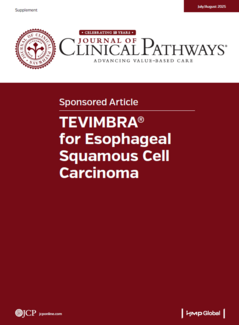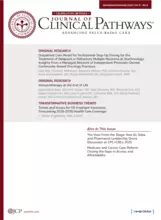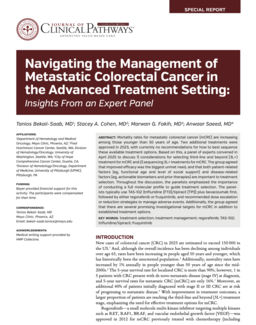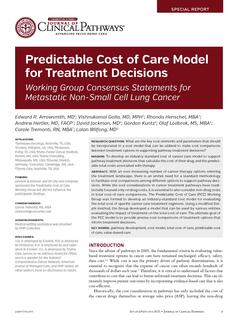NRF2 Inhibition Emerges as a Promising Strategy to Halt Esophageal Cancer Spread
Researchers have identified a promising new target to combat the deadly spread of esophageal squamous cell carcinoma (ESCC) by focusing on a master regulatory protein called NRF2, according to a study published in Cancers.
The study outlines how hyperactivation of NRF2 may fuel ESCC progression and lymphatic metastasis. When overactive, NRF2 appears to help tumor cells migrate, evade the immune system, and adapt to the nutrient- and fat-rich environment of lymph nodes. These adaptations not only promote cancer cell survival during transit through lymphatic vessels but also encourage colonization of distant sites such as the lungs, liver, and bones.
The authors note that NRF2 mutations are found in up to 35.9% of ESCC cases, often in regions of the gene that disrupt its normal degradation. Beyond ESCC, similar mutations occur in a range of cancers, underscoring NRF2’s broad oncogenic potential. Laboratory studies have linked NRF2 overexpression to enhanced extracellular matrix remodeling, epithelial–mesenchymal transition, and metabolic rewiring, which are all key steps in cancer spread.
Importantly, the review also surveys the expanding pipeline of experimental NRF2 inhibitors. These include small molecules, “molecular glue” degraders, PROTAC-based protein degraders, and enzyme-activated prodrugs designed to selectively kill NRF2-high tumor cells. Several candidates, such as the Roche-developed VVD-130037 and MGY825, have advanced to early clinical trials for solid tumors with NRF2 pathway mutations.
The authors caution, however, that NRF2’s role in cancer is complex: while often a driver of metastasis, it may, in certain contexts, suppress it. This means that blanket inhibition could have unpredictable effects depending on tumor type, stage, and microenvironment.
“While two NRF2 inhibitors have advanced to Phase I clinical trials (VVD-130037 and pyrimethamine), additional compounds targeting NRF2 are expected to emerge in the coming years,” concluded the study authors. “Concurrently, detailed mechanistic studies and the development of relevant animal models are critical for guiding therapeutic strategies,” they continued. “These efforts will be essential for improving clinical outcomes and prognosis in patients with ESCC.”
Reference
Li Y, Ladd Z, Xiong Z, et al. Lymphatic metastasis of esophageal squamous cell carcinoma: The role of NRF2 and therapeutic strategies. Cancers (Basel). 2025;17(11):1853. doi:10.3390/cancers17111853














